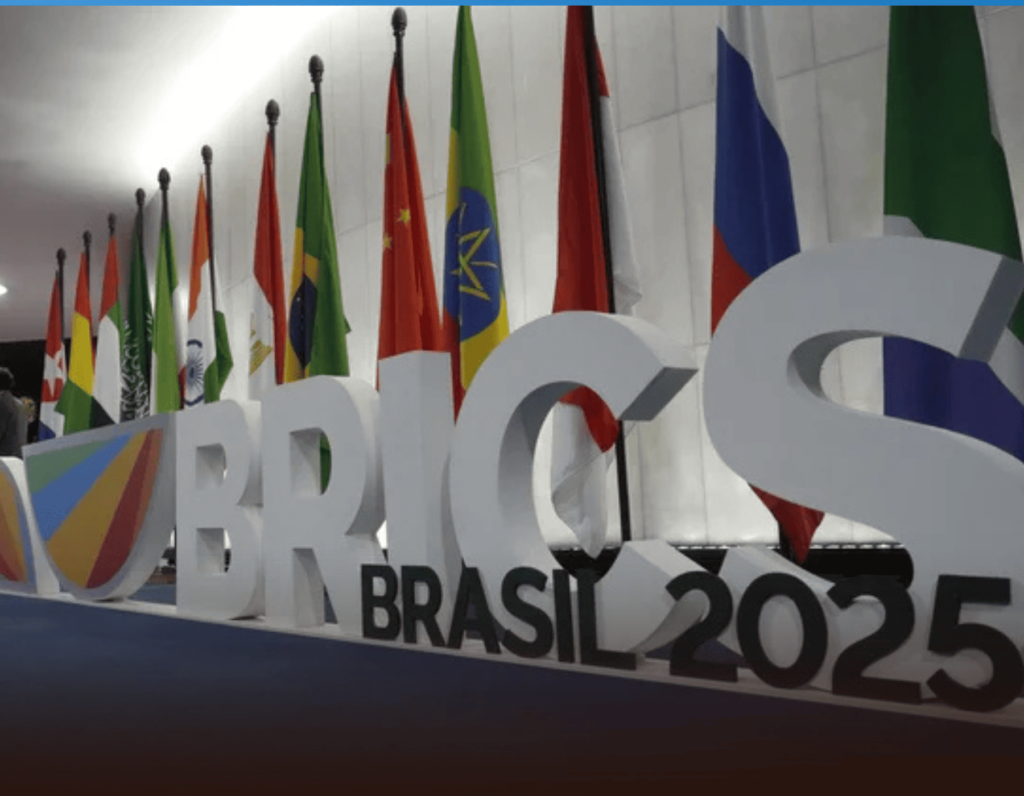Leaders of the BRICS bloc have gathered in Rio de Janeiro for the group’s 17th annual summit. The high-stakes two days summit focused on championing multilateralism and strengthening South-South cooperation, all while navigating a world rattled by economic uncertainty and geopolitical rifts.
Hosted by Brazilian President Luiz Inácio Lula da Silva, the summit comes at a time when trade tensions are rising particularly due to the resurgence of U.S. tariffs and global institutions are struggling to reflect the realities of today’s multipolar world.
This year’s summit is the first since the bloc expanded its membership to include Egypt, Ethiopia, Iran, Saudi Arabia, and the United Arab Emirates. While the enlarged group brings more voices and influence to the table, it also presents new challenges in terms of aligning diverse perspectives especially on ongoing conflicts in Gaza, Ukraine, and the Red Sea.
Notably absent from the summit is Chinese President Xi Jinping who is skipping the annual meeting for the first time in his 12 years as president and is represented by Premier Li Qiang, and Russian President Vladimir Putin, as he is wanted by the International Criminal Court (ICC) for his role in the 2022 invasion of Ukraine and is participating virtually. Their absence has sparked speculation about internal differences, but officials have downplayed any rifts, emphasizing the collective spirit of the group.
With the theme for this year’s summit, “Strengthening Global South Cooperation for More Inclusive and Sustainable Governance,” the BRICS nations are set to discuss a wide range of topics. The leaders jointly criticized the increasing use of tariffs and trade barriers, particularly by the U.S., calling them “harmful to global trade and inconsistent with WTO rules.” The BRICS countries are positioning themselves as advocates for a more inclusive global trade system that better reflects the interests of developing nations.
Beyond trade, discussions have also touched on pressing global issues like health cooperation, trade, investment and finance, and climate change, artificial intelligence, governance, multilateral peace and security architecture, and institutional development.
Despite the challenges, the tone at the summit remains cautiously optimistic. As President Lula put it, “BRICS is more than a club of emerging economies, it’s a symbol of a new, more balanced world order.”
As the summit concludes on July 7, all eyes will be on how the bloc plans to translate its ideals into action in a world still shaped by power imbalances and shifting alliances.




